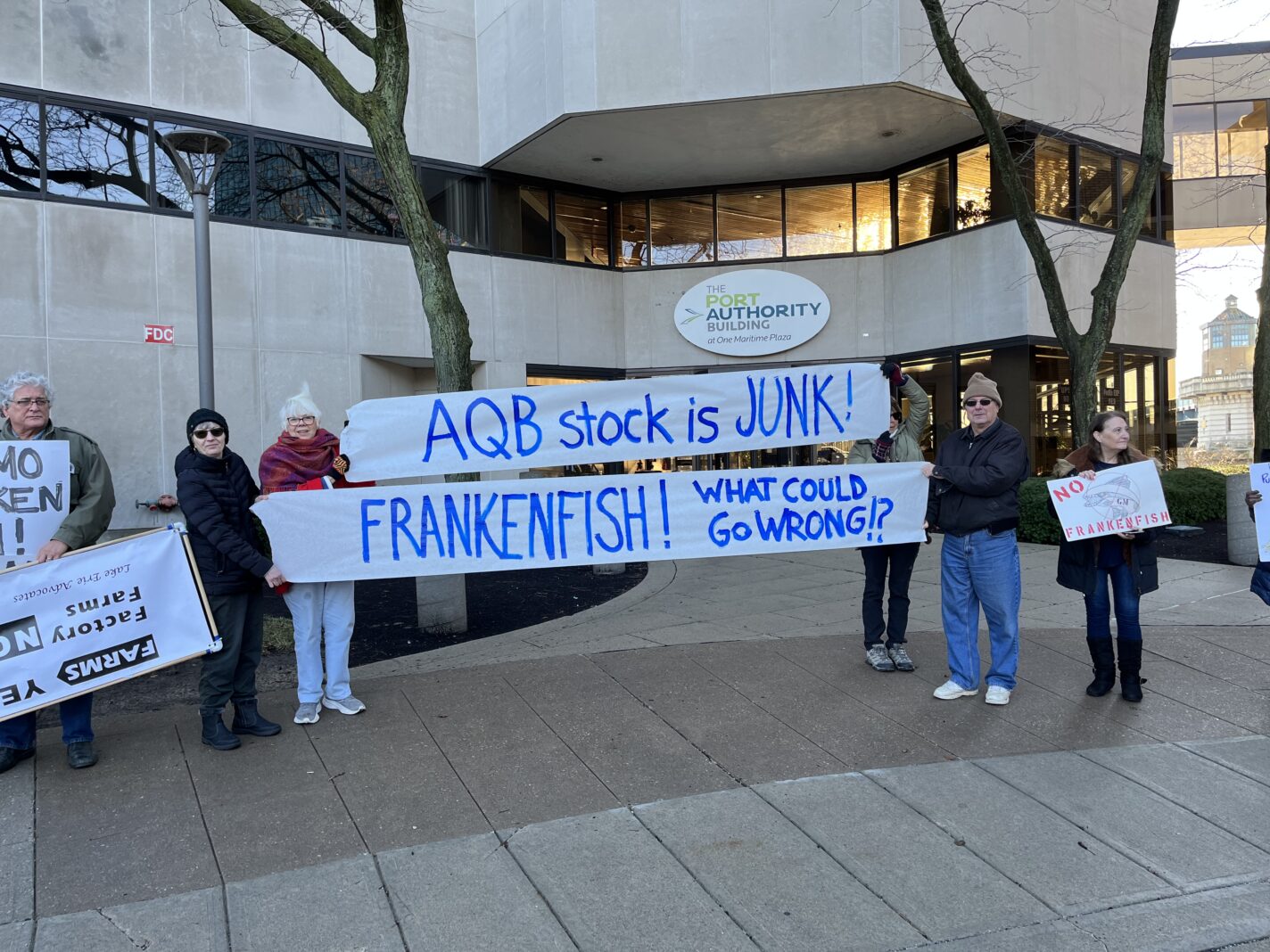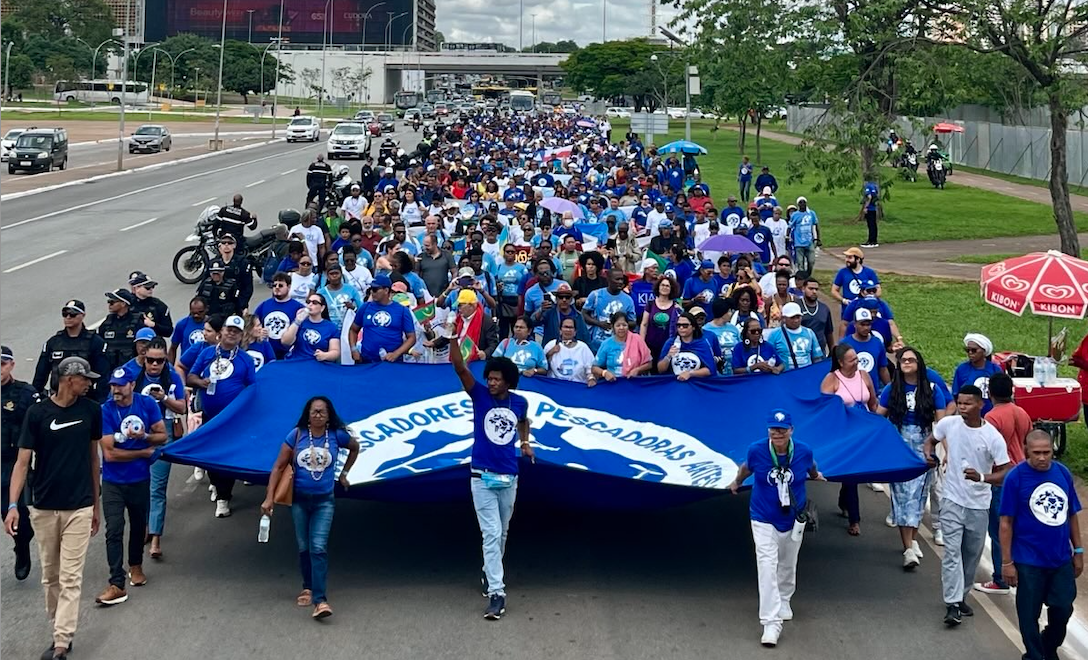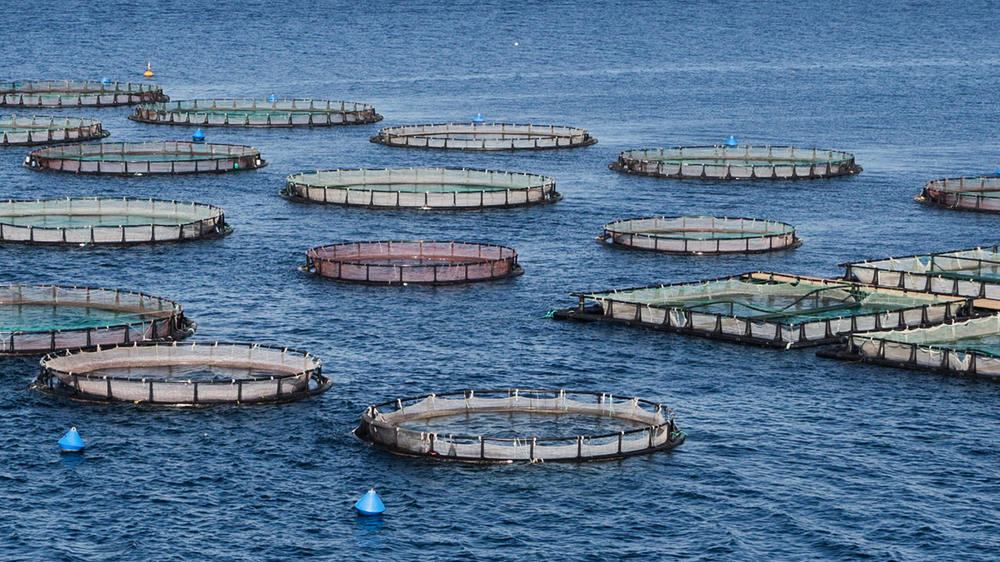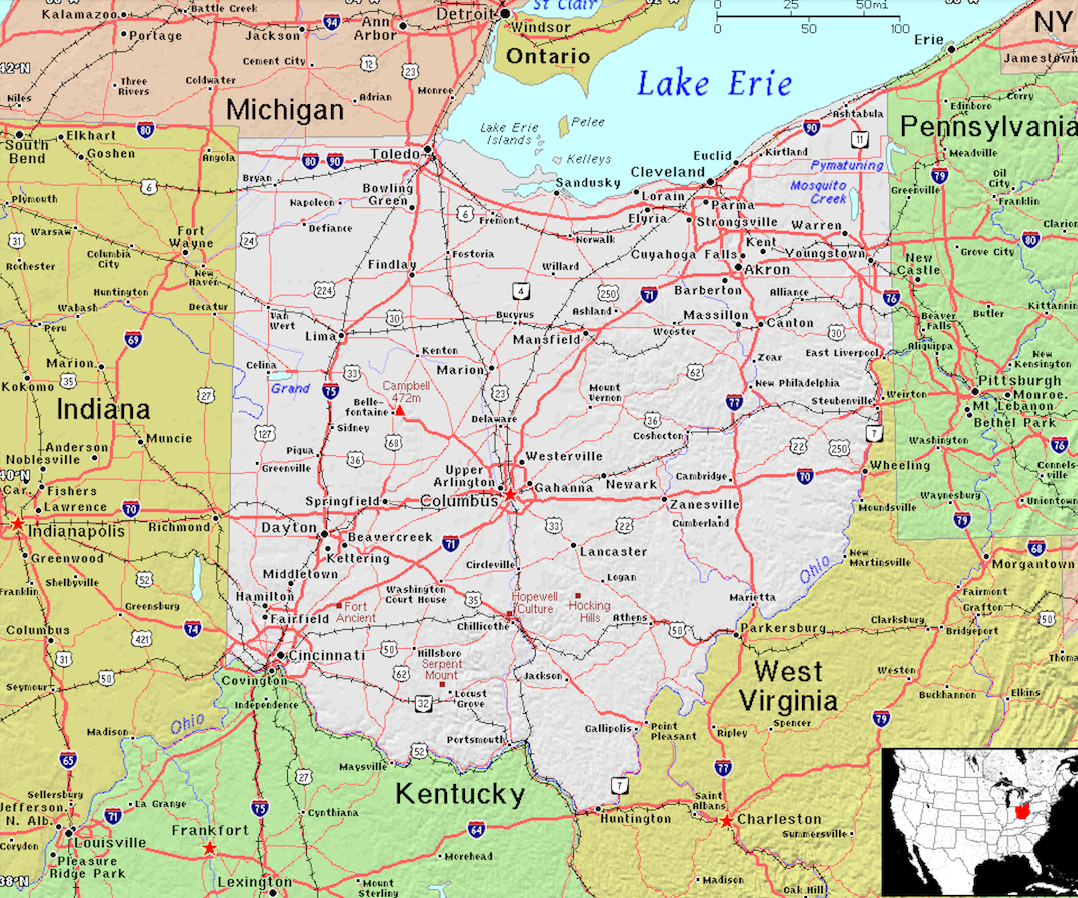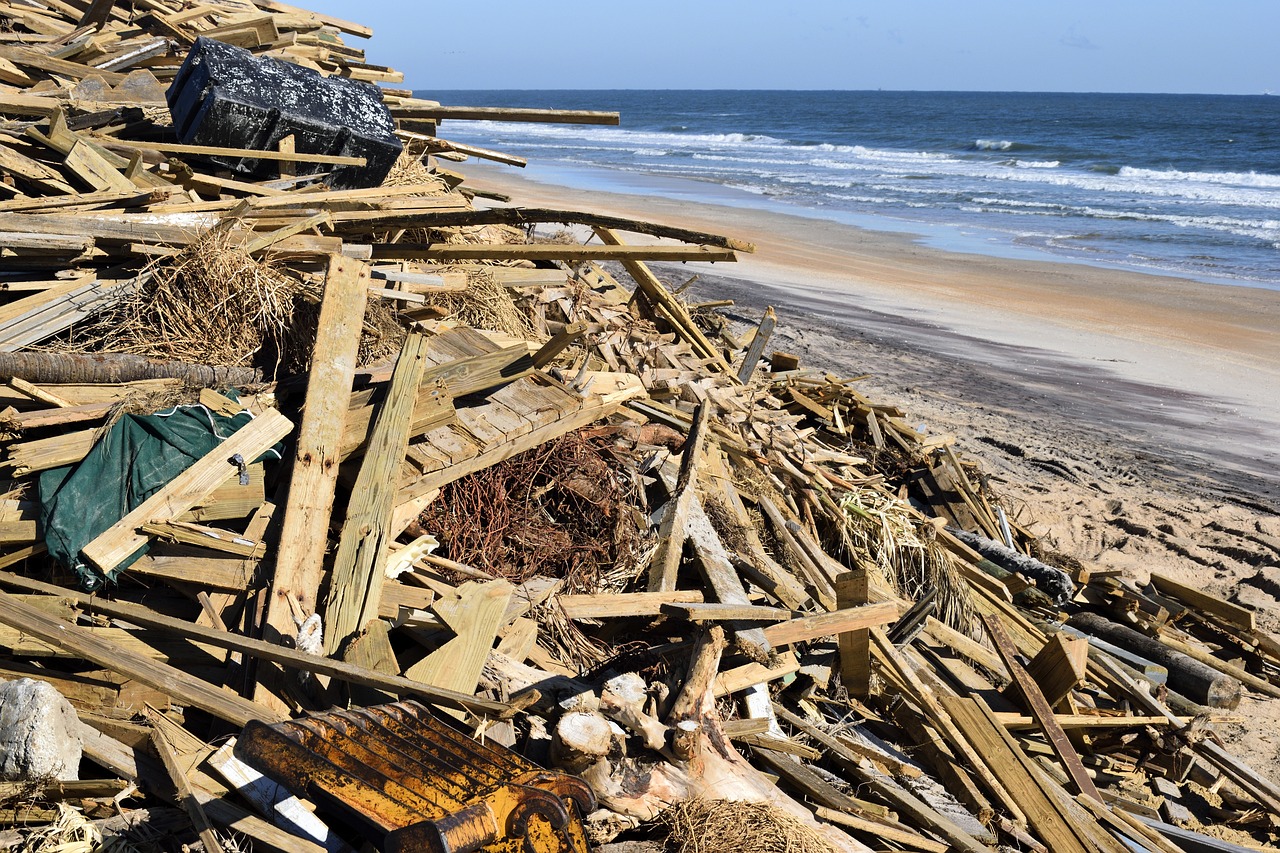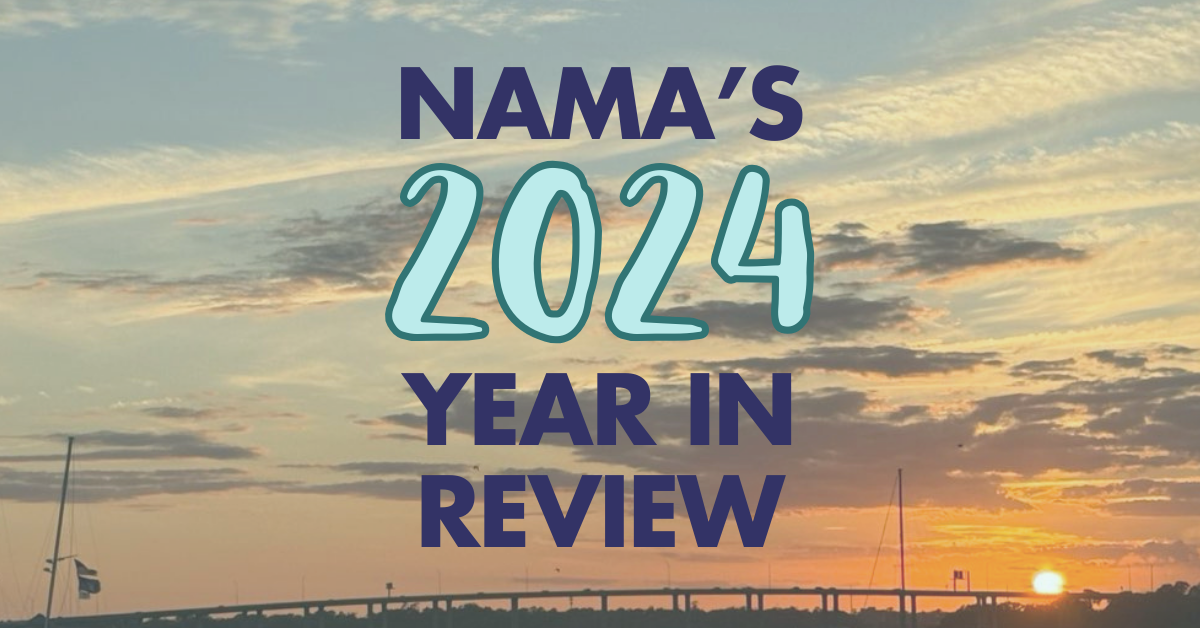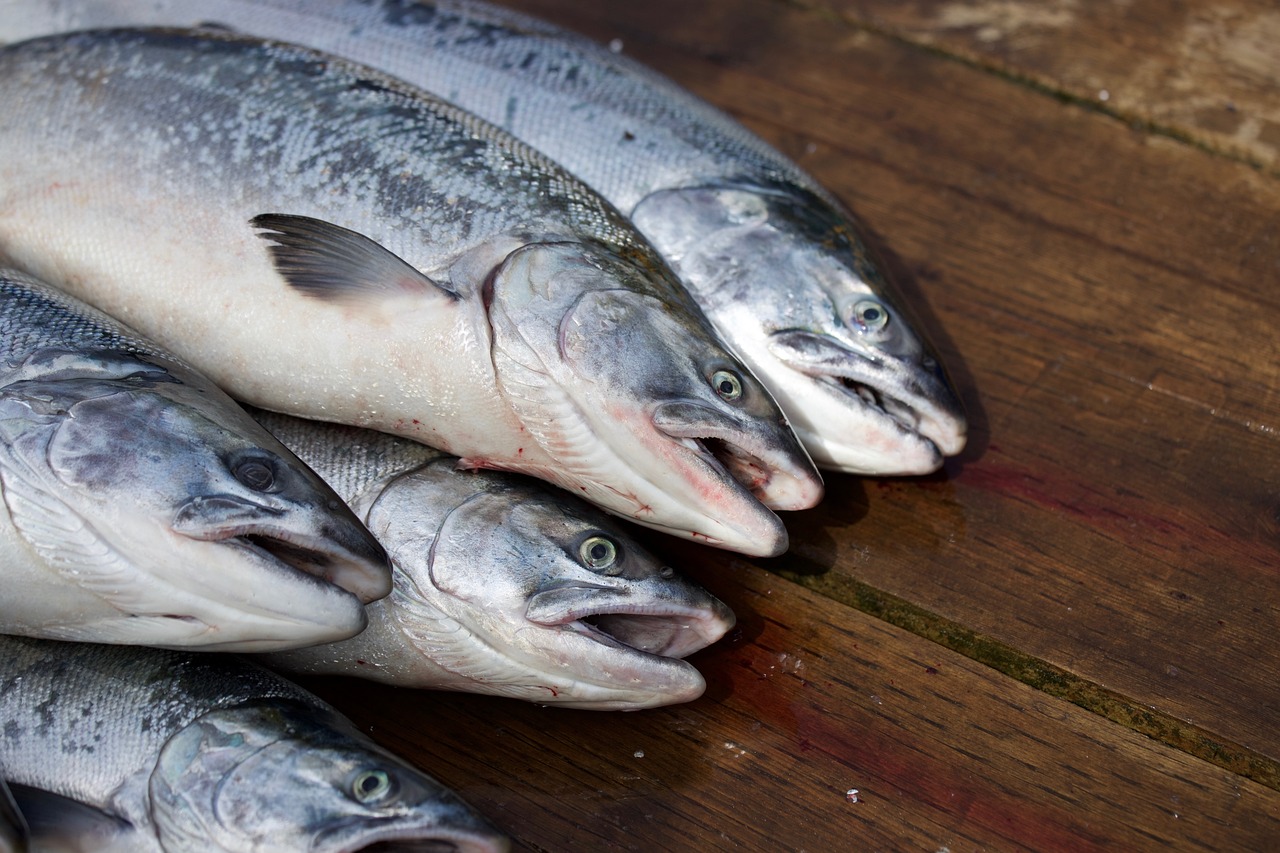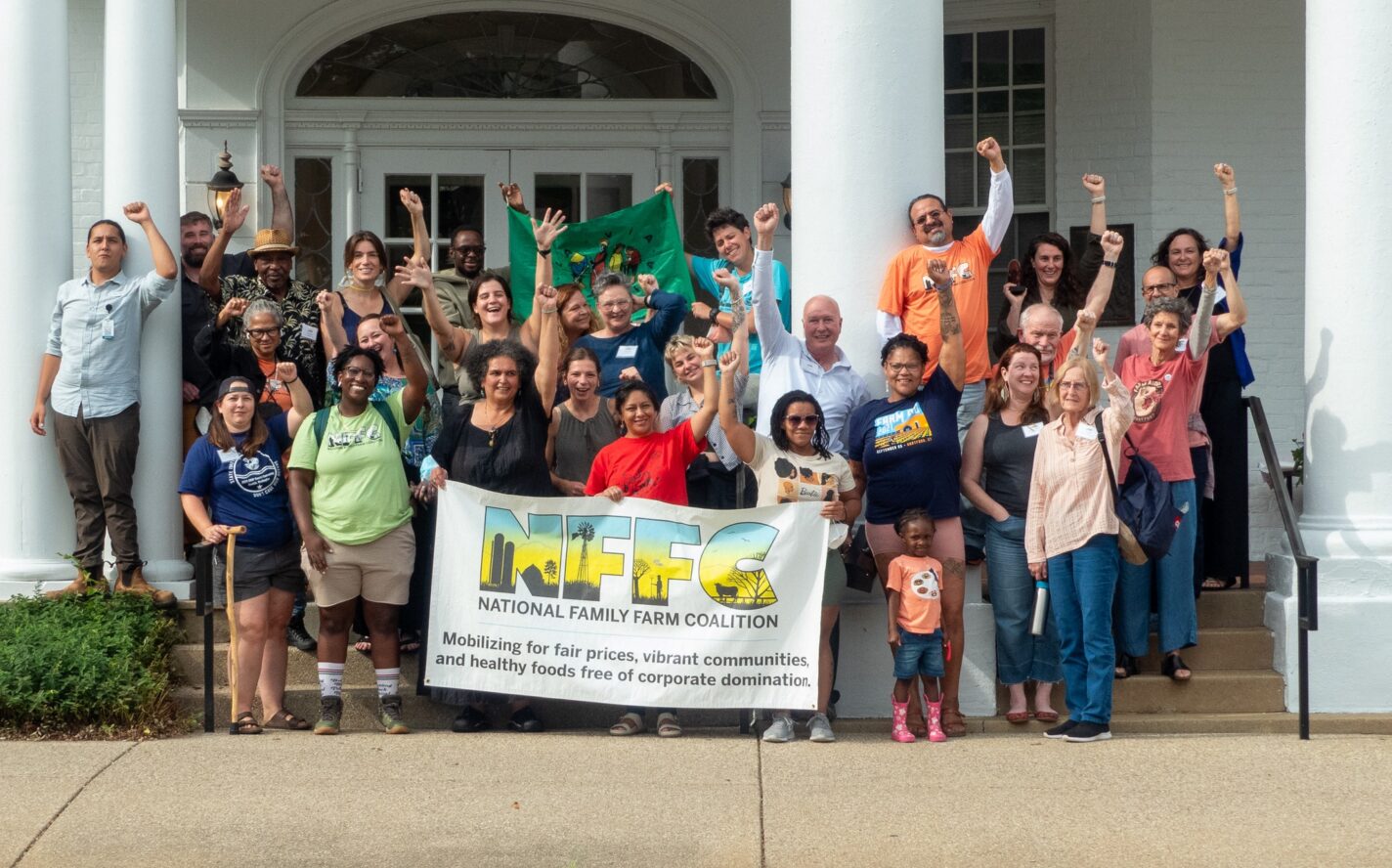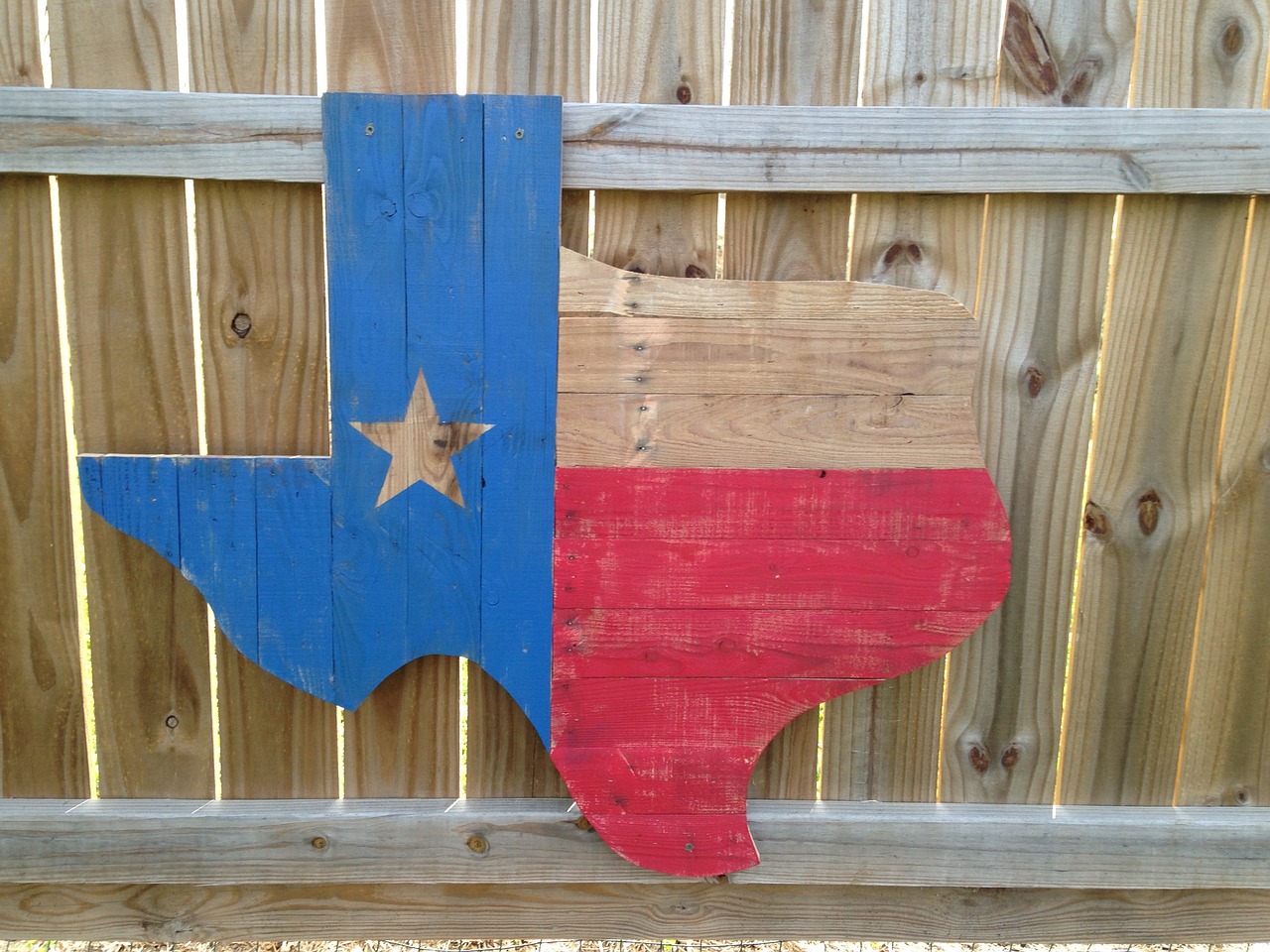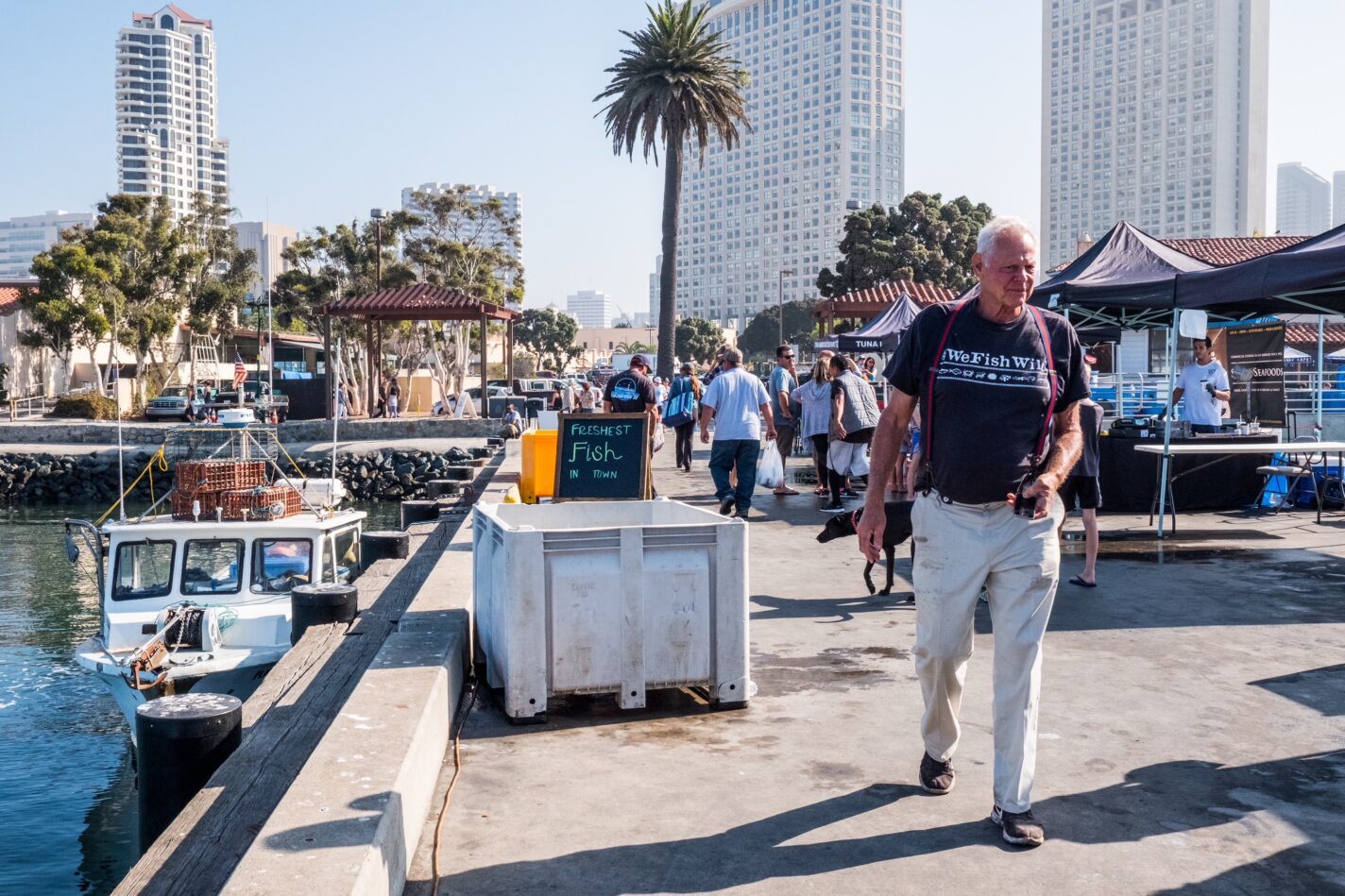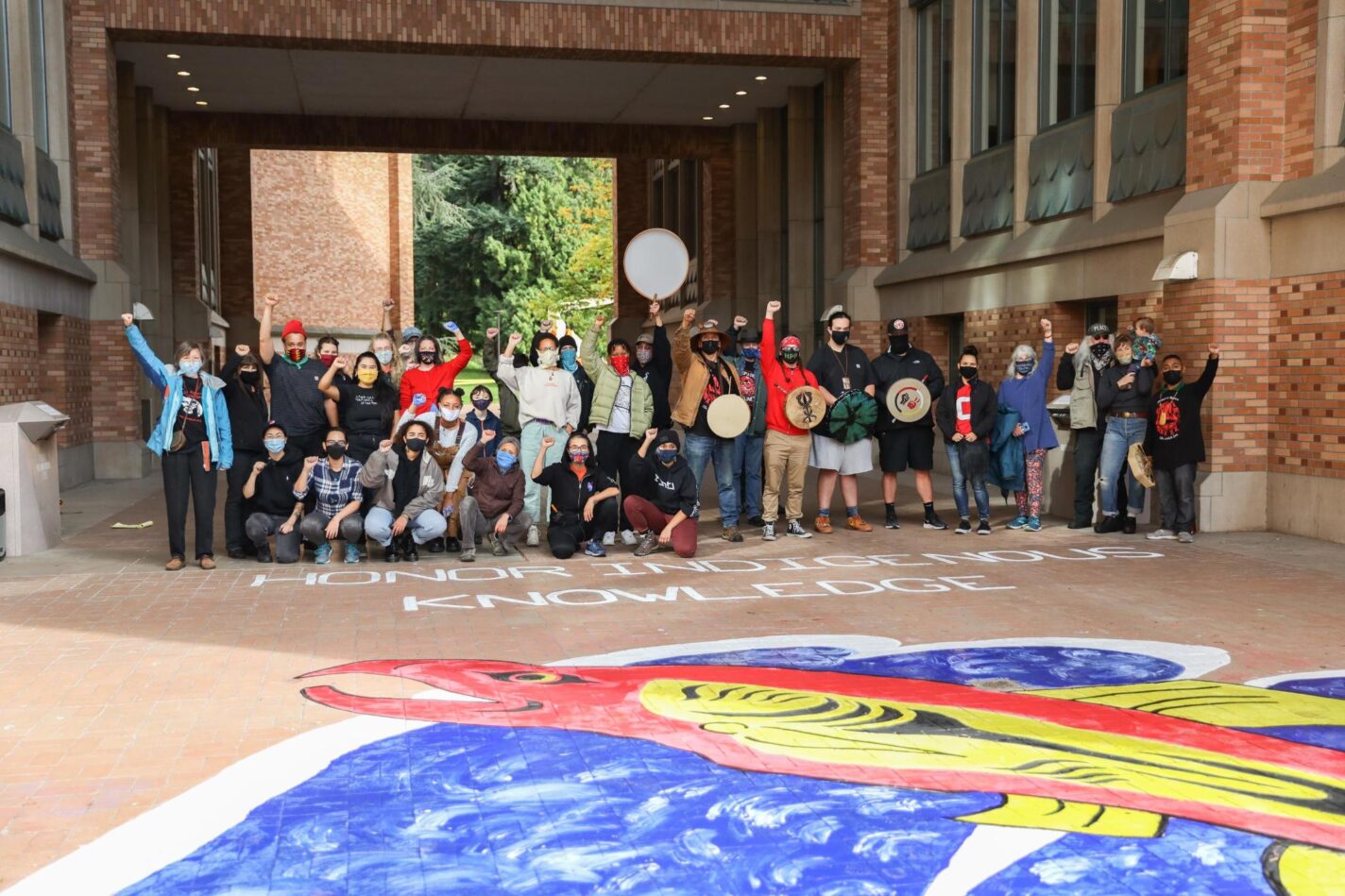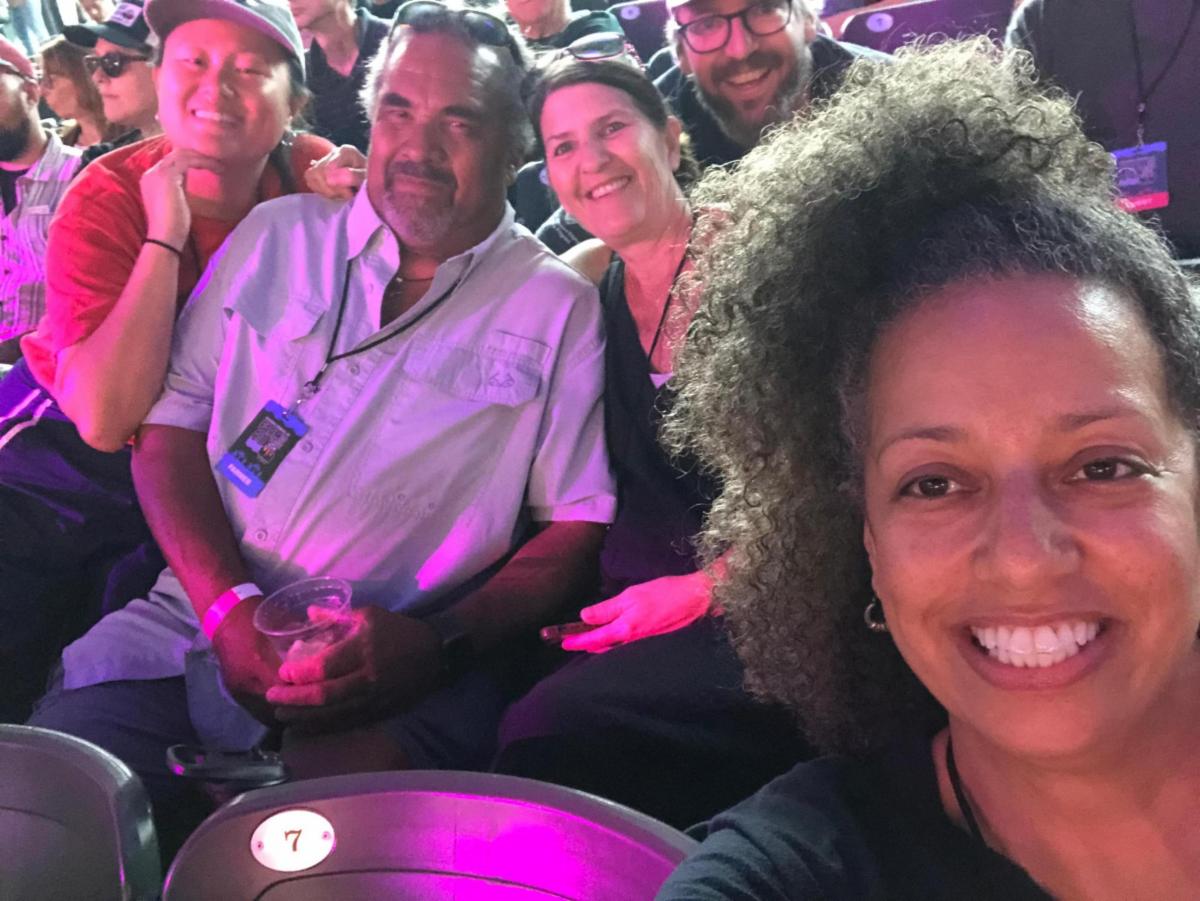Attention Ohio Residents and Supporters Everywhere: The Block Corporate Salmon campaign invites you to comment on AquaBounty’s discharge permit. Submit your comments by April 6! In December, we at the …
World Forum of Fisher Peoples Rejects UN Ocean Conference
The World Forum of Fisher Peoples (WFFP) has firmly rejected participation in the 2025 UN Ocean Conference, calling it an undemocratic platform that pushes false solutions like 30×30 and industrial …
Federal Court Overturns Industrial Fish Farming Permit in Landmark Victory
In a major win, a federal court today struck down an agency’s blanket, nationwide permit that would have allowed industrial-scale fish farming in U.S. ocean waters without site reviews. The …
The Briny Kiss That Changed Everything
Pedro Altagracia takes the helm as Program Director, bringing his hands-on expertise and readiness to dive in. Here, he shares what led him to aquaculture and to NAMA. As NAMA’s …
Experts and Lawmakers Say NOAA Cuts Could Impact Fisheries
Civil Eats reports that, after DOGE’s staff purge of hundreds of NOAA employees, experts and lawmakers say everything from weather forecasting to fisheries regulation to climate research could be at …
ProPublica Investigates: How a Small Town Lost Big on GMO Salmon
In this investigative report, ProPublica uncovers how Pioneer, Ohio, banked on AquaBounty’s GMO salmon venture—only to be left with broken promises and financial fallout. AquaBounty promised jobs, investment, and a …
East Coast Salmon Farms Face Backlash After West Coast Closures
Mongabay recently reported that a new lawsuit in Maine is stirring up controversy as the last remaining U.S. East Coast net pen salmon farms come under fire for serious environmental …
Lessons from Brazil
Oi! This November I had the pleasure of joining our NAMA team in Brasilia, Brazil to attend the World Forum of Fisher Peoples 8th General Assembly. This gathering happens every …
Atlas: Mapping the Future of Values-Based Aquaculture Across the US
Last month, our Atlas for Values-Based Aquaculture project’s core team gathered in Baltimore to map out our next steps. Atlas is a multi-year initiative to build a living resource that …
2024: A Year of Bold Actions and Bolder Victories
In 2024, NAMA and our broader coalitions landed some major milestones as we expanded the movement for just, sustainable food systems. From a major court victory that blocked industrial finfish …
NAMA Cheers FISHES Act Victory, Securing Faster Relief for Fishing Communities
With the FISHES Act now officially law, the landmark policy promises to cut through catastrophic delays in disaster relief that have long left fishing communities twisting in the wind. Led …
Hello, Goodbye
2024 was a year of movement and evolution here at NAMA. In particular, we had some key hellos and goodbyes. We started the year by welcoming three new members to …
178,000 Salmon Die at Norway Fish Farm During Delousing
IntraFish reports that Mowi, the world’s largest salmon farmer, lost 178,000 fish during a routine delousing in western Norway — an incident the company calls “completely unacceptable.” While Mowi and …
Campaigners celebrate as firm making first-ever GMO fish ceases operations
This story from Mongabay highlights the success of campaigners in shuttering AquaBounty Technologies, the company behind the first genetically engineered salmon approved for human consumption in North America. The campaign, …
Five Years After a $50M Win, One Shrimper and Local Citizen Scientists Transform a Texas Coastline
Inside Climate News tells the incredible story of Diane Wilson, a fourth-generation fisherwoman from Texas, who with a group of citizen scientists took on petrochemical giant Formosa Plastics and won …
We Need More Than Docks to Keep the Port of San Diego Fishing
Longtime advocate for San Diego fishermen Pete Halmay shares his perspective in this San Diego Union-Tribune commentary on the urgent need for local seafood infrastructure. Halmay highlights challenges that the …
Victory! Genetically Engineered Salmon Production Ends as AquaBounty Shutters Last Facility
First Commercialized GE Animal a Market Failure Following Rejection by Largest Food Retailers, Food Service Companies and Court Challenges For Immediate Release: Thursday, December 12, 2024Communications contacts: Feini Yin, +1 (908) 745-9768, …
A Fish Story of my Own
My name is Hamida. I’m NAMA’s new content strategist. As I settle into my role, I can’t help but reflect on the personal journey that led me here — advocating …

